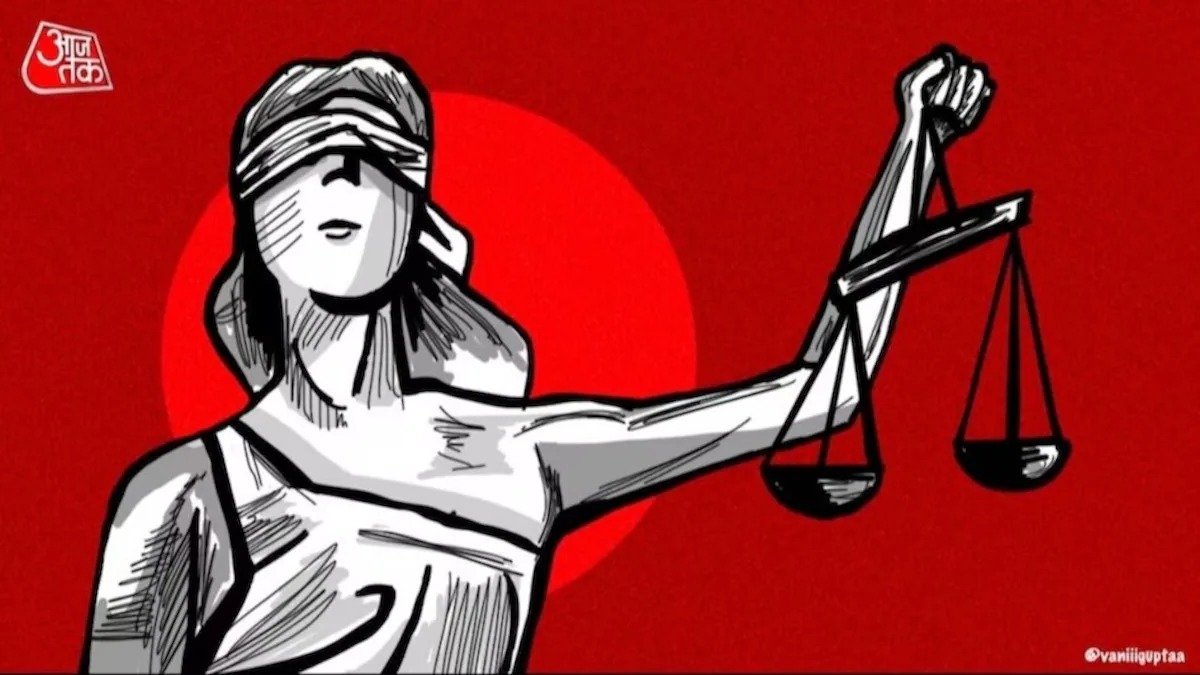Starting July 1st, there will be significant changes, particularly within the criminal justice system. The Indian Penal Code of 1860 is to be replaced by the Indian Justice Code, the Criminal Procedure Code of 1898 by the Indian Civil Defence Code, and the Indian Evidence Act of 1872 by the Indian Evidence Law. With the implementation of these three new laws, numerous regulations will be transformed. They include the addition of new sections, amendments to existing ones, and the removal of others, significantly altering the workflow of the average citizen, police officers, lawyers, and the courts.
Significant changes included in the Indian Civil Defence Code
The Indian Civil Defence Code has introduced critical changes, including the admission of electronic evidence, and facilitating the release of prisoners who have served the maximum penalty via private bonds. Zero FIRs can now be registered anywhere in relation to a crime, with the provision to transfer it within 15 days to the original jurisdiction. Additionally, permissions to prosecute police or government officials must be granted by the relevant authority within 120 days, failing which the case is deemed sanctioned.
Charge sheets must be filed within 90 days of the FIR
Following an FIR, the charge sheet has to be filed within 90 days. Subsequent to its submission, the court has 60 days to frame charges. The complete hearing of the case must be concluded within 30 days after which, the judgment must be delivered. Within seven days post-judgment, a copy must be provided. Police are mandated to inform the family of a detained individual in writing as well as online. Cases involving a sentence of 7 years or more will not be dismissed without hearing the victim. If a female constable is present at the station, she should register the victim's statement, initiating legal proceedings accordingly.
Which cases disallow appeals?
Section 417 of the Indian Civil Defence Code outlines cases where an appeal cannot be made against a sentence. If the High Court imposes a sentence of 3 months imprisonment, a fine of up to 3000 rupees, or both, such judgments cannot be challenged. Previously under IPC section 376, sentences less than 6 months could not be appealed—indicating a slight leniency in the new law.
In addition, judgments involving imprisonment of three months or less or a 200 rupee fine by the Session Court, as well as a 100 rupee fine by the Magistrate Court, are not appealable. However, if any other penalty accompanies the said fines, then those can be contested.
Please read: Defamation, threats, rioting... crimes where 'community service' may acquit the guilty. Learn which offences carry such sentences
Stricter penalties for crimes against minors
The BNSS has strengthened penalties for crimes against minors. A minimum of 20 years' imprisonment is mandated for those found guilty of assaulting a girl under 16 years. This can be extended to life imprisonment. For convicts of life imprisonment, the entire life can be spent in confinement. Provision for the death penalty is also present under BNSS section 65 for crimes against children below 12 years of age. Additionally, fines have also been included.
Organised crimes are defined this way
Reportedly, the government has included mob lynching in its list of offenses. Organised crimes including contract killings, extortion, and financial crimes are punishable by death or life imprisonment according to section 111.




